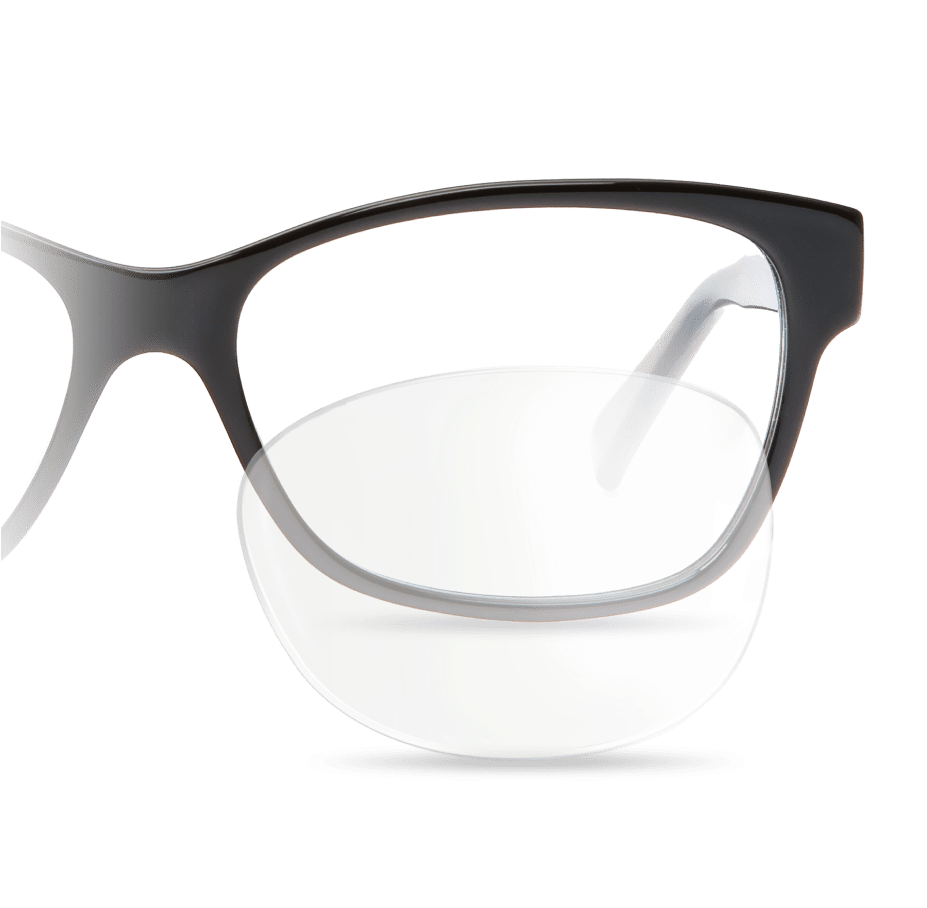Make it Rain HSAs
ACA. ACO. CDHP. COB. EAP.
OMG. There is no shortage of acronyms when it comes to health insurance. Even the people who work in health insurance have to sometimes refer to their handy pocket glossary.
Instead of letting it all stress you out, let’s take a moment to appreciate one very special acronym that is actually incredibly important and beneficial to you – HSA. Or Health Savings Account.
But what is it, and why should you use it to your advantage?
Getting to know the HSA
Most people know the basic definition of an HSA. It’s a savings account that you contribute to with pre-tax dollars, and can use to pay for qualifying medical expenses. Most people deposit money onto their HSA on a bi-weekly or monthly basis, right out of their paycheck. The dedicated funds go right into their HSA, instead of to their bank accounts.
In order to sign up for an HSA, you must be enrolled in an HSA-qualified high-deductible health insurance policy (HDHP). This typically means that you pay a lower premium (payment) for your insurance coverage on a bi-weekly or monthly basis, but are subject to a higher amount you must pay out of pocket (your deductible) before your insurance kicks in. Most high-deductible plans only cover preventive care until you meet your deductible.
Contribution limits
The 2020 contribution limits for HSAs are $3,550 if you have individual coverage, and $7,100 if you have family coverage under an HDHP. HSA-qualified plans (HDHPs) have deductibles that must be at least $1,400 for singles and $2,800 for families in 2020.
Did you know….
…an HSA is interest-bearing, and grows over time
If you don’t spend all the money in your HSA, your funds roll over into the next year, and your account continues to grow, including any investment returns or interest.
…HSAs don’t expire
This is important to repeat, because many people assume if they don’t use it, they lose it. This is not true – HSA funds roll over from year to year, and your account continues to grow. Don’t lose those old benefit documents!
…most states offer extra tax breaks
With the exception of California, Alabama, and New Jersey, most states offer extra tax breaks on the contributions you make to your HSA. In addition, HSAs are tax exempt for purposes of your federal income tax filings, and are also tax exempt for most state income tax filings.
Even better, many employers make a contribution to your HSA at the beginning of the year to get you started. And if an employer contributes, the money is not taxed as income to you. Make sure you check your benefit options carefully when it’s time for Open Enrollment.
…you can use it for yourself, or others
You can use your funds to pay for your own medical expenses, or those of a spouse or other family member even if they aren’t covered by your HDHP. Family members include dependent children or qualifying relatives, as long as they’re a part of your tax household.
…you can contribute more if you’re 55+
If you’re 55 or older, you can contribute an extra $1,000 a year (this is either called an “additional contribution” or a “catch-up contribution”). If two spouses are each 55+, please note that they each need their own HSA in order to be able to each make a catch-up contribution.
…the rules change after Medicare
Once you’re enrolled in Medicare, you can no longer contribute to an HSA (even if you continue to work and have an HDHP plan through an employer). However, you can continue to withdraw tax-free funds from your HSA, as long as you use the money to cover qualifying medical expenses, including Medicare premiums.
Listen, this is all amazing. But what medical expenses qualify?
Medical expenses can include deductibles, copayments, coinsurance, vision and dental care, and other out-of-pocket medical costs.
Awesome! What else can you use an HSA for?
Many people are surprised to learn you can use your HSA to pay for things like acupuncture, chiropractor services, hearing aids, home care, breast pumps, pregnancy tests, and yes, eyeglasses!
Check out IRS Publication 502 for a full list.


























